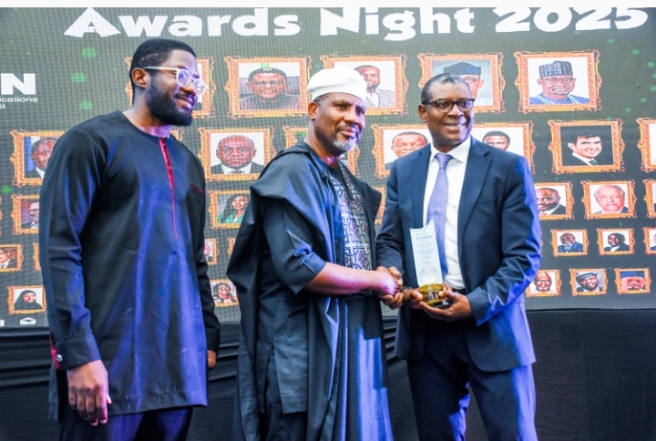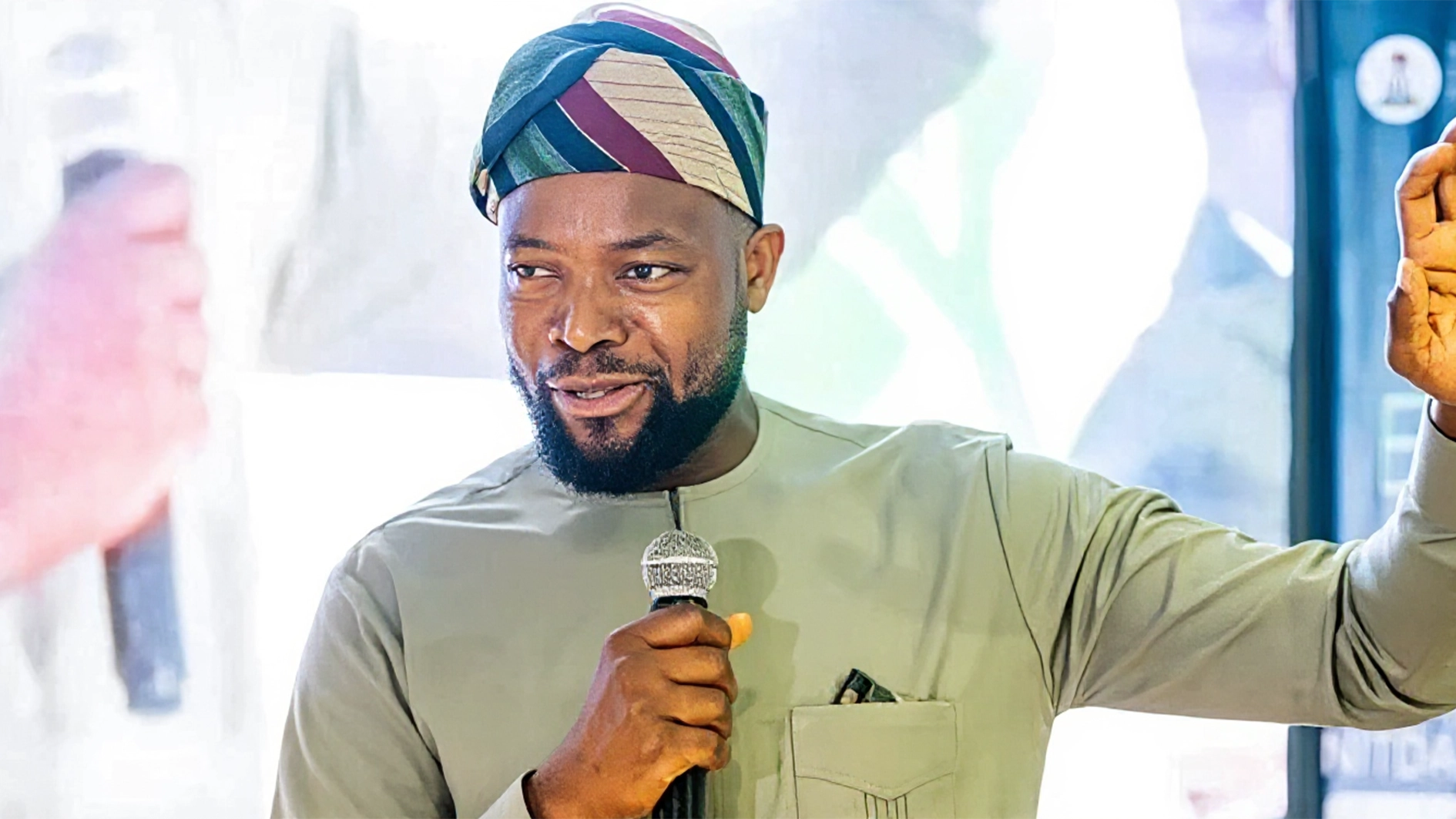Nigeria watches like a lone bystander as Artificial Intelligence (AI) sweeps across countries like a storm and reshapes the global workforce. According to a 2024 report by PwC, the giant of Africa ranks 18th out of 54 African countries in AI talent readiness, scoring a mere 37.7 out of 100. This is beyond statistics and figures. It reflects how far behind Nigeria is in preparing its workforce for the future.
Nigeria is not only missing out on preparing its workforce for the future of work, AI, but also failing to transition to modern technological systems altogether. It is disappointing to note that, in 2025, government parastatals still rely on paper documentation. Even in the National Assembly, lawmakers mark attendance with pens and notebooks, despite the existence of digital systems that can enhance transparency and save time. This is a common occurrence in both the public and private sectors.
Perhaps the reason for the delay in transition or preparing the workforce for the transition is the fear that AI and technology will replace jobs. We witnessed this happen when the Automated Teller System (ATM) was introduced in the country. Word on the street was that bankers would lose their jobs, but as the years went on, we realised that the introduction of the ATM not only made banking seamless but also gave rise to other jobs.
We are watching what happened with the hesitation, doubts and conspiracies before and during the introduction of ATMs unfold right before our eyes. The case is different now, however, as Nigeria risks losing billions and opportunities if it continues to watch the world leave it behind in the adoption of new technologies before integrating them into its workforce.
Just like ATMs, which did not totally displace jobs but reshaped them, AI is transforming work by automating roles that once heavily relied on human input. This brings a range of new roles and opportunities in various fields, including prompt engineering, data science, machine learning operations, AI policy and ethics, and many more.
Africa’s adoption of AI rests on the continent’s leaders taking decisive steps to address infrastructural shortfall across board.
During a session at the World Bank and International Monetary Fund meetings last week, Nigerian businessman Tony Elumelu said African leaders must urgently address the energy crisis and lack of access to funding if the continent is to harness the benefits of artificial intelligence. He spoke on a panel alongside the IMF Managing Director, Kristalina Georgieva, and others.
According to Elumelu, for Africa to maximise the potential of AI adoption, “there are structural barriers we need to fix on the continent. We have an infrastructure deficit. Access to electricity is so critical for the advancement of AI, and, of course, the productivity that comes with it. We also have access to capital issues that affect entrepreneurs in this space.”
In case of Nigeria, the educational system is yet to prioritise adopting AI into its curriculum to equip the future generation. If this persists, Nigeria risks widening the digital skills gap among its youths and those across the globe, and locking youths out of the global workforce.
Nigerian youths stand to lose the most. In a country where approximately 70% of its population is under 30, and 42% are under 15, Nigeria risks losing its producing youths who cannot compete globally and are stuck in the analogue age, constrained by outdated skills and limited infrastructure.
Failing to address AI workforce readiness and continuing to rely on outdated infrastructure could put millions of lives at risk. With AI, Nigeria, the country with one of the worst maternal mortality rates in the world, can flip this by training medical professionals on AI use and integrating it into healthcare systems to improve maternal outcomes, building AI chatbots or health assistants to attend to patients faster in a country where the population of medical professionals is shrinking at the speed of light.
Nigeria, an oil-rich nation still relying on manual operations, aging infrastructure, and limited data analytics, can significantly improve its oil production if it trains oil workers to use AI-powered surveillance systems (drones, satellite imagery, sensors) to detect leaks, illegal tapping, or unusual activity during oil exploration.
The benefits of building an AI-savvy workforce are limitless. This changes the question from ‘if Nigeria should prepare its workforce for the future of work to “is Nigeria ready to take the bull by the horns, and what should Nigeria do to build an AI-ready workforce?”
At the heart of this bold leap stands AI and digital literacy. Nigeria is still stuck in the past. Across the country, schools still use blackboards in classrooms, and government parastatals remain obsessed with paper documentation.
Reversing this trajectory goes beyond offering coding bootcamps or tech hubs in urban centres, but investing in a nationwide digital literacy policy, even in rural areas, integrating AI and computational thinking into school curricula, vocational training, and civil service programmes.
Reversing this trajectory is not a one-man business. The government cannot prepare the country’s workforce for an AI-ready future, nor can the private sector handle this task alone. Nigeria stands to gain more if the government and private corporations collaborate to bring the country’s workforce into the 21st century.
As tech companies spearhead the AI-savvy workforce movement in their operations, government agencies should follow suit by deploying AI responsibly in governance, while ensuring that the workforce understands both the opportunities and the ethical risks.
Every wasted second on AI readiness costs Nigeria a fortune in missed opportunity
Oluwaseyi Akintola is a Talent Management professional with over ten years of experience in organization development, performance management, learning, and change management. At the International Monetary Fund in Washington, D.C., she manages enterprise-wide learning initiatives, coaching, and leadership programs, driving strategic talent policies and advancing workforce development through innovation and continuous improvement.






